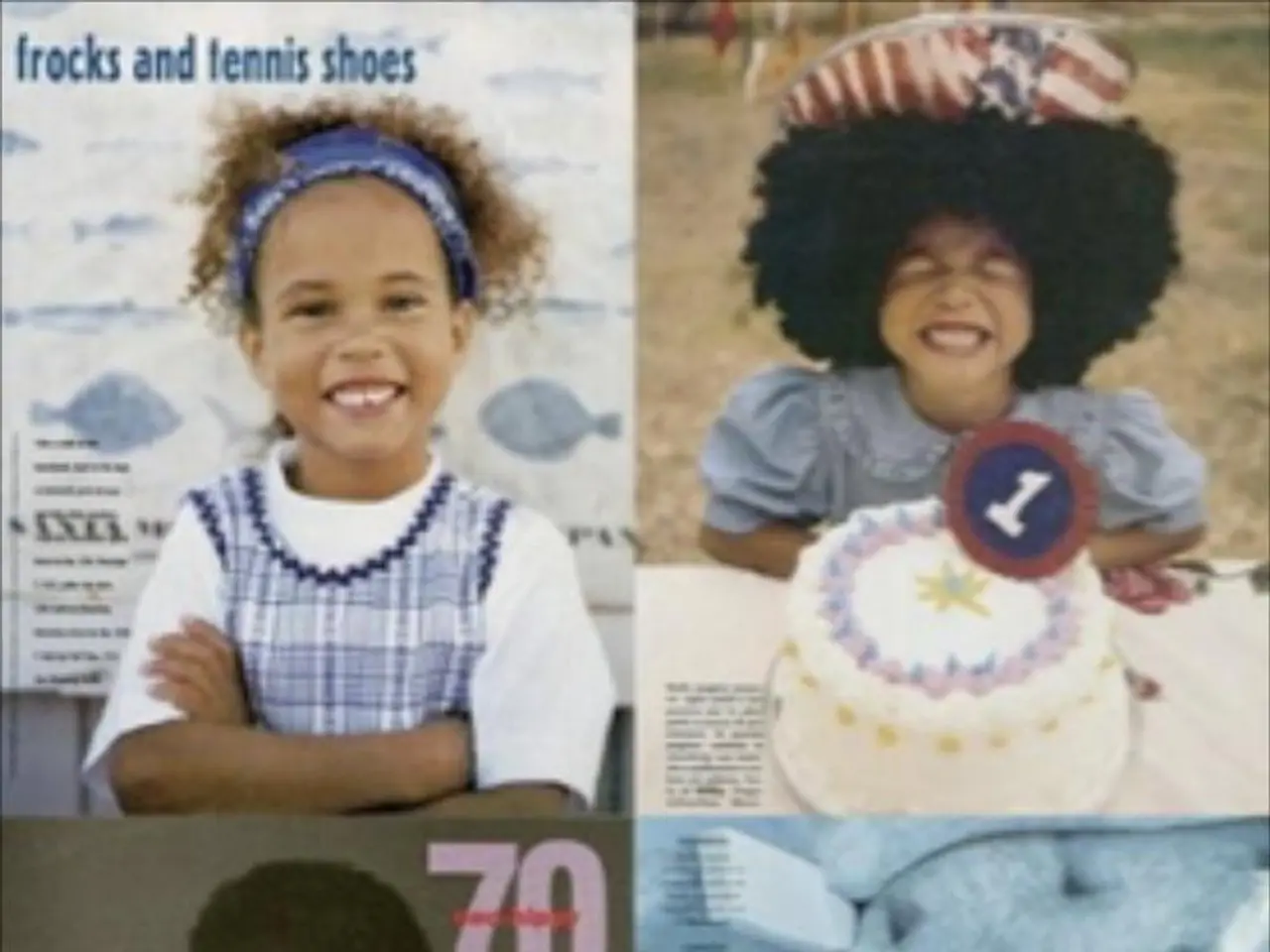Family Acts as First Agent of Socialization
In the formative years of a child's life, a significant process known as racial socialization takes place. This is the means by which children learn about their ethnic group, absorbing behaviours, attitudes, values, and perceptions.
For instance, a child raised in a religion where pork consumption is forbidden may develop a strong aversion to eating bacon. This example illustrates how early experiences and teachings can shape a child's perspective.
As children grow older, they begin to think for themselves more, often questioning the values that were initially imparted by their family. However, the foundations laid during this period of primary socialization, which occurs early in a child's life, remain influential.
Family members play a crucial role in this process, teaching children about race and racial socialization. This can involve instilling a sense of racial pride, educating them about inequalities between groups, and preparing them for potential discrimination.
The extent and manner of this socialization can vary greatly due to cultural, social, and political contexts. For example, in East Germany under the GDR, socialization experiences were significantly influenced, resulting in lasting value systems distinct from other regions.
The structure of families also varies across cultures. While some families may consist of a nuclear unit, others may encompass larger family compounds or entire villages. Cultures that rely heavily on elders for childcare often place a higher emphasis on age and collectivism.
Moreover, children can learn to emphasise individual character traits such as hard work over family or ethnic group membership. This suggests that while a child may be influenced by their family, they are not destined to become an exact replica of their family members.
Other agents of socialization, such as peer groups, schools, and the media, also play a role in shaping a child's worldview. Despite this, the initial influence of the family, particularly during primary socialization, is undeniably significant.
In conclusion, the process of racial socialization is a complex and multifaceted one, shaped by a myriad of factors. Understanding this process can provide valuable insights into the ways in which children develop their worldviews and identities.
Read also:
- Experiencing Life's Variety Firsthand: Gaining Insights from Life's Broad Spectrum of Experiences
- Impact of Complex Post-Traumatic Stress Disorder on Romantic Relationships: Symptoms, Causes, and Precautions
- Andrew Stunell joins in celebrating equality with graduates from a pioneering mentorship program.
- Budget Alterations Made to 2023 Toyota GR Corolla After 4,500 Miles, with a Cost of $38 for Smoothing Out the Rough 1-2 Shift




